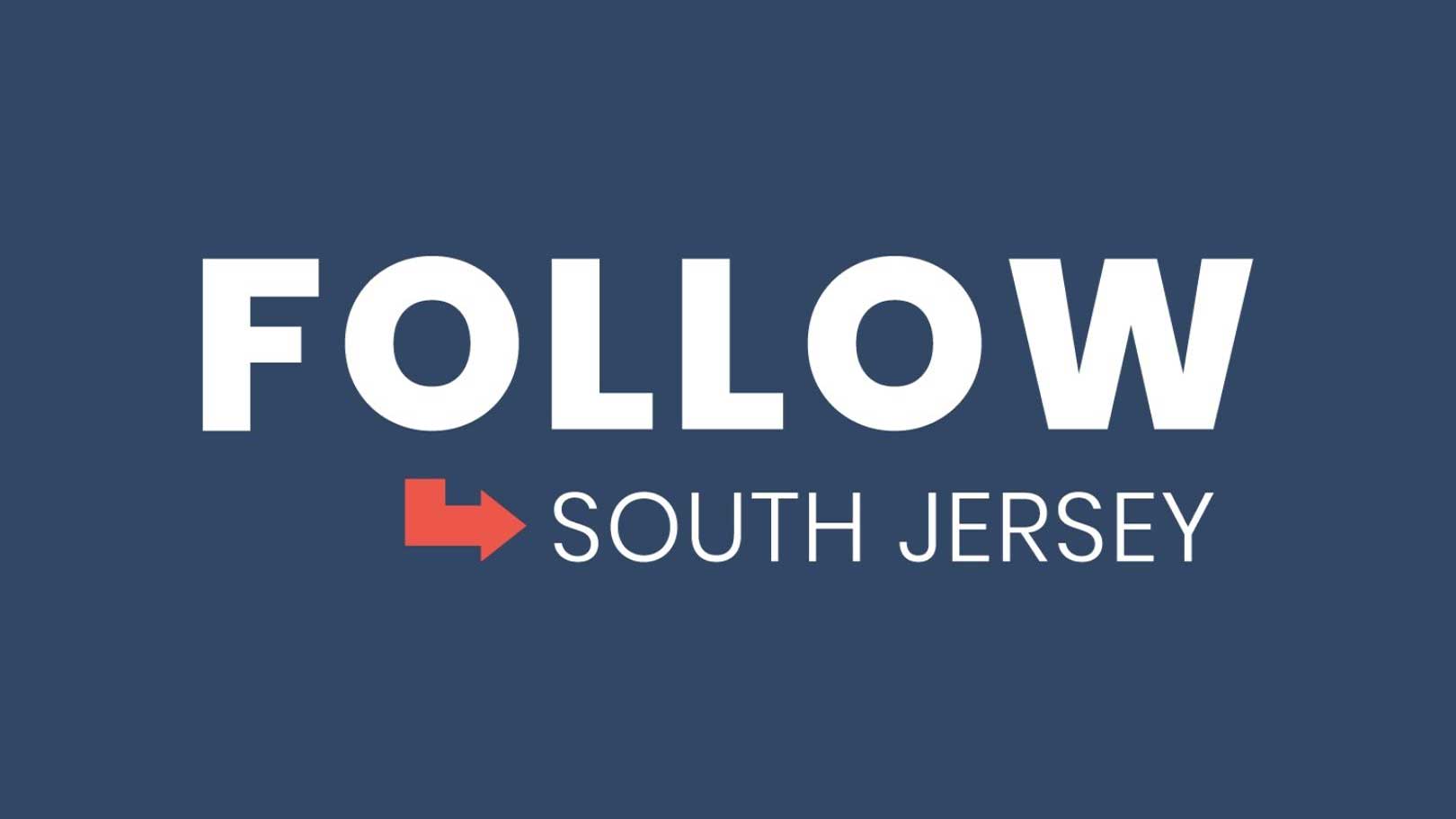By: Katie Francis, Follow South Jersey Public Health Intern

TRENTON, N.J. — The New Jersey COVID-19 Public Health Emergency, which has been in place since March 9 of last year, has ended. Last Friday, Governor Phil Murphy signed legislation to enable the end of the Public Health Emergency. Immediately after, he signed Executive Order No. 244, officially ending the nearly 15-month long emergency.
The majority of executive orders issued under the Public Health Emergency will not expire until 30 days after the legislation’s signing on June 4.
While this legislation ends the Public Health Emergency, it also ensures that New Jersey has the tools needed to manage the public health threat that is still being posed by the pandemic. This includes the state’s ability to issue orders, directives, and waivers related to vaccination efforts, testing, and other COVID-19 safety measures, such as implementation of CDC recommendations. This authority is in place until January 11, 2022, but could be extended by another 90 days.
Gov. Murphy called the pandemic milestone “a clear and decisive step on the path toward normalcy.” He thanked New Jerseyans that took the necessary precautions to get the state to this point. He also thanked Senate President Steve Sweeney and Assembly Speaker Craig Coughlin for working with his Administration “to responsibly end the Public Health Emergency and meet the challenges ahead.”
“Today’s lifting of the COVID-19 Public Health Emergency is a clear and decisive step on the path toward normalcy,” Gov. Murphy said in a statement. “The past 15 months have been a challenge, and I thank every New Jerseyan who stayed home, masked up, took precautions to keep this virus in check, and got vaccinated for allowing us to get to this point. I also thank the Senate President and the Speaker for working with us to responsibly end the Public Health Emergency and meet the challenges ahead.”
Although the Public Health Emergency is over, there are 14 Executive Orders that will remain in place by the legislation until January 1, 2022. The legislation also states that the State of Emergency declared in Executive Order No. 103 will remain in effect.
As of Monday morning, New Jersey had administered a total of 9,192,638 doses of the COVID-19 vaccine statewide. More than 5.14 million New Jerseyans have received at least one dose of the COVID-19 vaccine, and 4,564,662 people are now fully inoculated throughout the state. New Jersey is closing in on achieving its goal of fully inoculating 4.7 million New Jerseyans — a figure that represents 70% of the state’s total adult population — by the end of this month.
Most of the state’s COVID-19 safety restrictions are no longer in place, as masks and social distancing are no longer required in the vast majority of public settings. For those who are vaccinated against COVID-19, the pandemic and its risks is nothing more than an afterthought at this point, but the state is continuing to work towards its final push to reaching its COVID-19 vaccination goals.
- WATCH: What’s Good In South Jersey? Cuts And Strikes — With Isaiah Showell
- Student Story: Lindenwold High School Production Of ‘9 To 5’ Gets The Job Done
- CASA Of CGS Announces April Advocate Of The Month, Lindsay McCann
This article was produced by a Follow South Jersey news intern thanks to a grant provided by the Robert Wood Johnson Foundation through the New Jersey Health Initiatives program to create hyper-local news to meet the informational and health needs of the City of Bridgeton, N.J.



